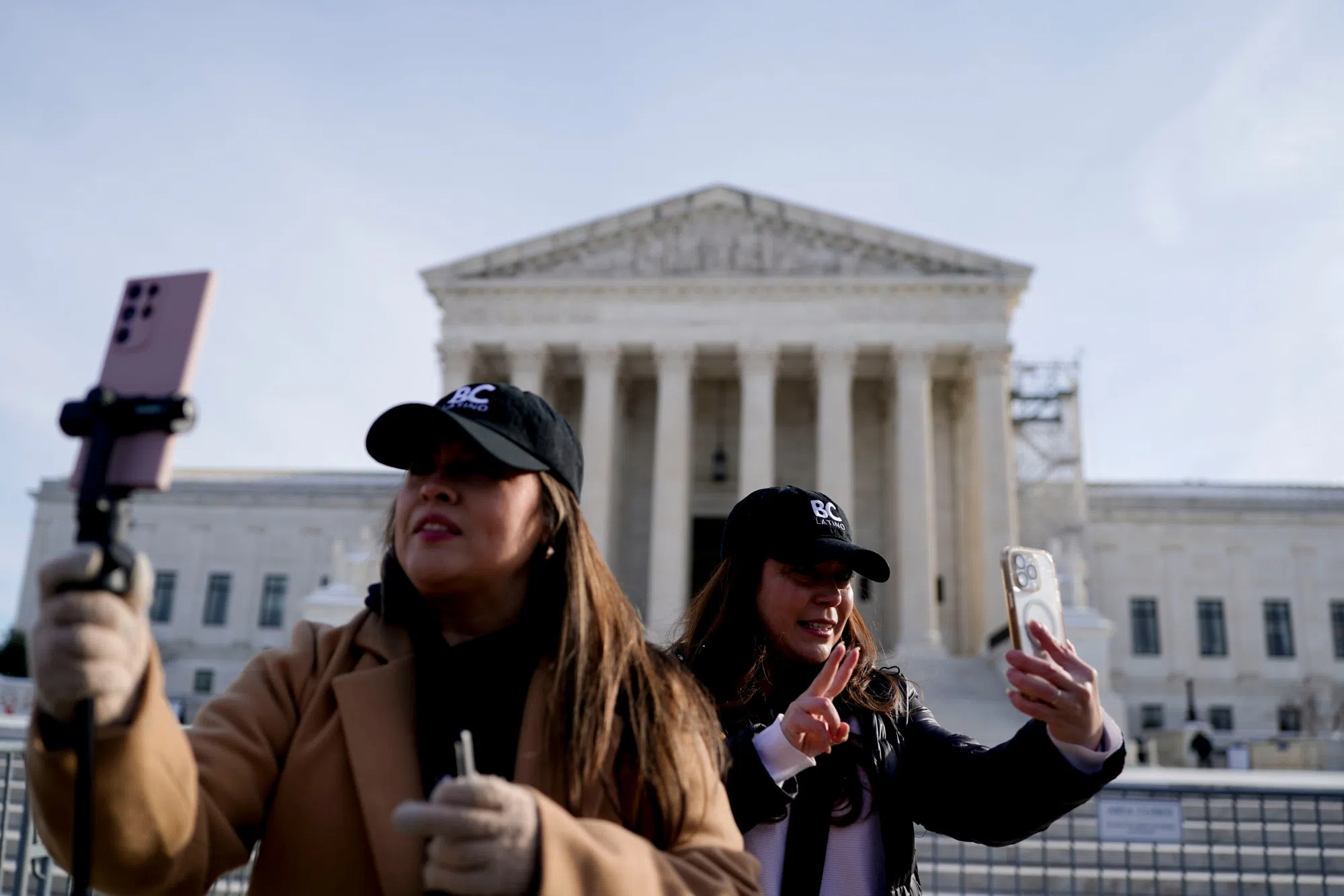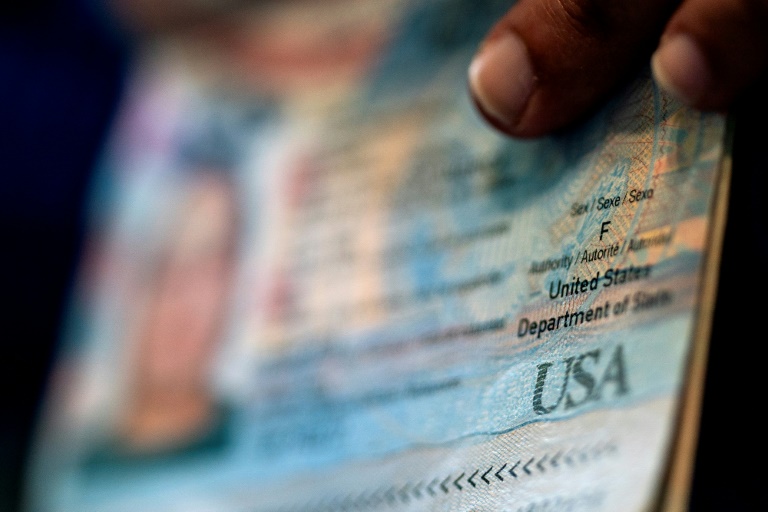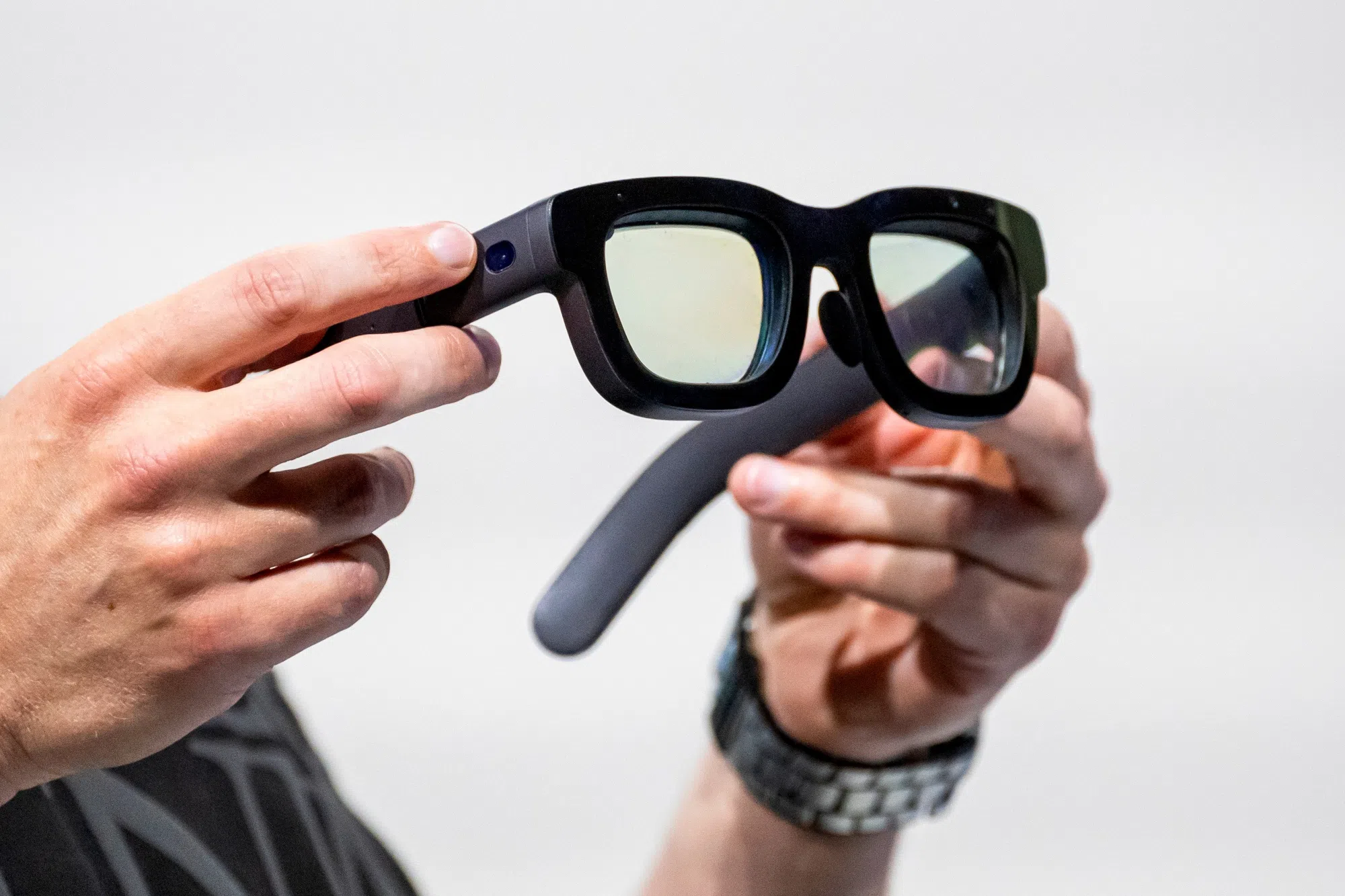SATURDAY (Jan 19) night gave hundreds of millions of Americans a taste of what life without TikTok would look like, and at least one brand decided to keep the experiment going.
Jolie Skin, which was previously spending about US$150,000 a month on TikTok ads, is planning to pause its paid campaigns on the app temporarily, according to Founder and chief executive officer Ryan Babenzien.
Jolie, which makes water-purifying shower heads that are marketed as protecting skin and hair, is analysing its advertising spend on the platform. Since Saturday night, traffic to the company’s website is down about 24 per cent, but revenue is up 3 per cent, according to Babenzien, who says he’s still looking into where the sales came from.
“Even though [TikTok] came back on, we have not spent any money on ads and will not for at least a week, maybe two,” he said. “And the only reason we are doing that is just to get more clarity around the value they are providing.”
On Jan 18, TikTok went dark for users across the US just days after the Supreme Court ruled that it would uphold a law forcing parent company ByteDance to either sell its American platform by Jan 19 or be banned. The court had ruled that free speech rights must yield to concerns that Chinese control of the app created a national security risk. TikTok came back online hours later after President Donald Trump said he would delay the ban. He signed an executive order Jan 20 giving TikTok 75 more days to find a deal.
‘A huge boost’
TikTok’s 170 million US users have been especially responsive to the beauty industry. Last year, TikTok was one of the top 10 largest beauty e-commerce platforms in the US, ranking even higher in the UK, according to social media management company Dash Social. In 2023, TikTok was the top social media platform for online beauty purchases in the US, according to data and business intelligence platform Statista. Larger companies such as L’Oreal and Estee Lauder Cos mentioned the app on their earnings calls.
A NEWSLETTER FOR YOU
Friday, 2 pm
Lifestyle
Our picks of the latest dining, travel and leisure options to treat yourself.
Prior to Saturday, TikTok had been instrumental in helping brands explode – particularly those in the beauty space. Skincare brand, 4AM Skin, scored US$20,000 in sales in a single day after co-founder Jade Beguelin posted a TikTok filmed in her bathroom talking about the company’s undereye masks.
Since its posting in September 2023, the video has received 2.2 million views. The masks were available to purchase directly through TikTok Shop, the platform’s e-commerce feature.
“When we first started, we were not spending on ads,” Beguelin said, noting that TikTok exposure was essentially free for the company.
“It was like a huge boost,” she said of the company’s US$20,000 day. “We had not seen something like that.”
For the better part of the last six months, Beguelin has been rethinking her marketing strategies and shifting her advertising spend to Meta to prepare for the uncertainty around TikTok.
“The best companies and brands that are agile, and they should have been previously, will find ways to adapt,” said Oliver Chen, managing director at TD Cowen. “Kind of think it’s like pizza, we will find another place to eat pizza.”
A push to diversify
Bobbi Brown’s cosmetics company, Jones Road Beauty, said the platform was powerful when its founder first began appearing in TikToks in 2022. One of her first videos, in which she told viewers to stop contouring their noses, climbed to a million views in 24 hours and two million views within a week. TikTok went from generating 2 per cent of the brand’s revenue to more than 30 per cent in the two weeks after two viral videos posted.
But Cody Plofker, the CEO of the company, said the brand’s return on its TikTok marketing spend deteriorated over time and the outage did not impact the business.
“The platform is now an afterthought for us,” Plofker said. “We pulled our TikTok spending several months ago and have deprioritised organic content there. We won’t notice an impact if TikTok goes away.”
For influencer Lexi Rosenstein, the TikTok ban was the push she needed to expand where she posts her beauty, fashion and lifestyle content.
“I have always wanted to diversify but I never really had a reason to do it. It was definitely a wake-up call that a lot of creators had to experience,” said Rosenstein, who lives in Marlboro, New Jersey, and has more than 50,000 followers on TikTok. “All the eggs were in one basket.”
She now pays for an app that lets her simultaneously crosspost her TikToks on YouTube and Pinterest, but says no other platform so far has let her monetise her content as well as TikTok.
YouTube Shorts and Instagram Reels are some of the alternatives brands and creators are considering. But some companies say the power of TikTok’s algorithm may be difficult to replicate on other platforms.
Milani Cosmetics, which brought in more than US$200 million in sales last year, has benefited from TikTok’s ability to help products go viral. In November, makeup artist Jeffree Star took to the platform to talk about the brand’s Conceal + Perfect primer. While he criticised the product’s price, he raved about its application, announcing that “the blur out smoothing primer is Jeffree Star approved”. The TikTok racked up almost 13 million views.
“Other platforms require you to follow a brand or a person, you are essentially opting in for content, whereas TikTok, that algorithm just learns more about you and then is serving you content that they think you may want to know more about,” said Jeremy Lowenstein, the chief marketing officer of the Culver City, California-based makeup company.
He credits the algorithm for helping indie brands such as Milani reach larger audiences more quickly. No other platform to date has generated the same viral success as the Jeffree Star moment for Milani, Lowenstein said. BLOOMBERG







